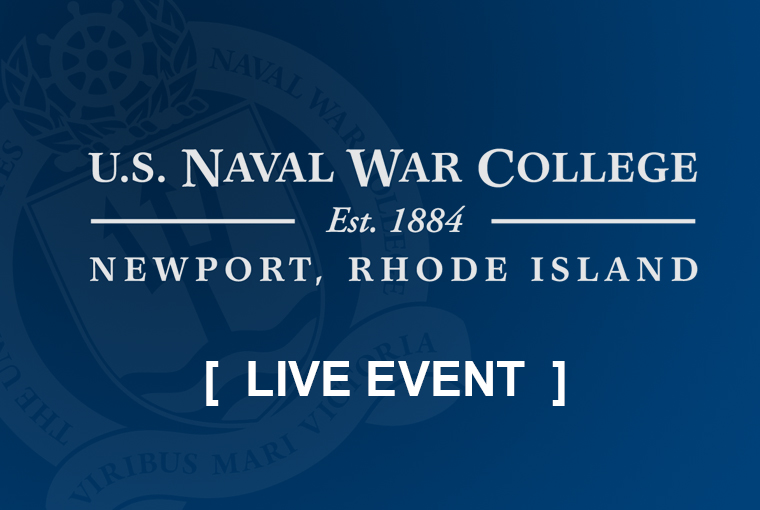Lectures of Opportunity: "Stoic Social Grit"

About this Event
Event Information
U.S. Naval War College, LOO Coordinator
This event is not open to the general public
This event is for U.S. Naval War College students, faculty and staff.Stoic Social Grit
If you call someone a Stoic, you are probably thinking that they have buttoned up emotions, or can keep calm in the face of adversity, or cultivate resilience through tough inner strength and grit. To be Stoic is to be self-reliant. It is to “suck it up and truck on.” I argue in this talk and in my recent book Stoic Wisdom that this is a deeply flawed picture of ancient Stoicism. The classic texts of Marcus Aurelius, Epictetus, and Seneca tell a different story.
The Stoic Roman emperor and military leader, Marcus Aurelius, understood that resilience depends on our connections to others. Writing to himself during the campaign against the Germanics (c. 170 CE), Marcus meditates on what happens when we cut ourselves off from community. His image is graphic: Picture a dismembered hand and head lying apart from the rest of the human trunk. That’s what ‘man makes of himself. . . when he cuts himself off’ from ‘the world’ of which he is a part. The battlefield and its detritus is on Marcus’s mind: Body parts can’t function cut off from the whole to which they belong. We can’t function separated from the global whole to which we belong.
What are critical Stoic lessons to help prepare service members as they go to war and come home from war? In answering this question, I pair Stoic texts with a too little read World War I epic of the battle of the Somme written by a Londoner and Welsh fusilier. You can hear in the very cadence of the poem the social grit that makes a cadre.
About this Lecture
Lectures of Opportunity offers U.S. Naval War College (NWC) students, faculty, and staff an opportunity to learn more about national and international socio-political subjects that may be of relevance to the NWC community.
More on Lectures of OpportunityDownloads for this event
SynopsisMost Recent
8:00 a.m.
U.S. Naval War College, 686 Cushing Rd, Newport, RI 02841
U.S. Naval War College, 686 Cushing Road, Newport, RI 02841
U.S. Naval War College, 686 Cushing Road, Newport, RI 02841
8:00 a.m.
U.S. Naval War College, 686 Cushing Road, Newport, RI 02841
U.S. Naval War College, 686 Cushing Rd, Newport, RI 02841
